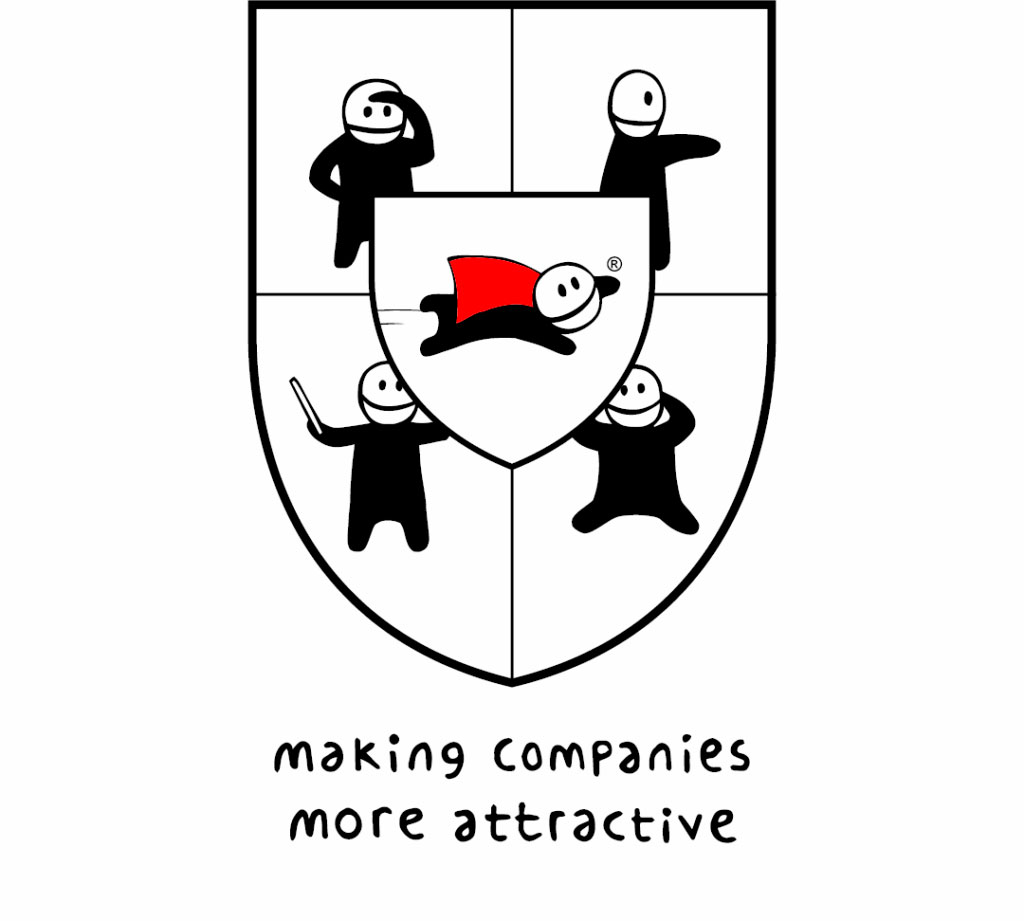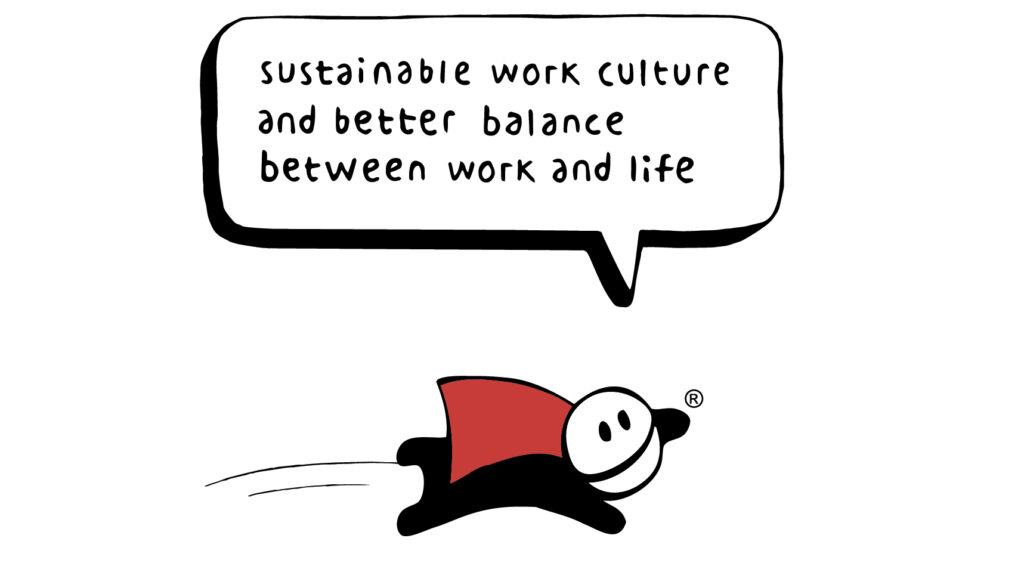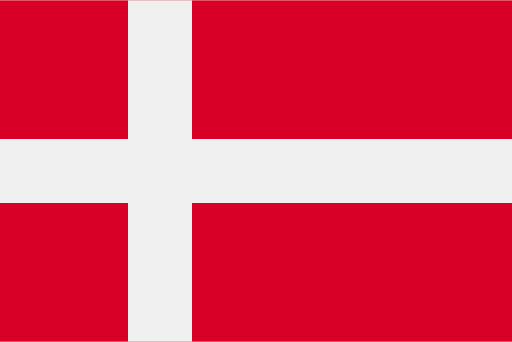
Super Navigators was founded in 2005 to help organizations build flexible work cultures grounded in trust, autonomy, and rhythm.
We offer keynotes, workshops, and courses that empower individuals and organizations to design healthier and more productive work-life rhythms.
In today’s knowledge-based economy, 90% of a company’s value lies in ideas, creativity, and human energy. Yet many workplaces still operate on outdated time norms that favor early risers and fixed schedules — ignoring the biological and social diversity of modern life.
At Super Navigators, we support organizations in creating cultures where people are empowered to work in ways that align with their chronotype and family rhythms.
Our method, Life Navigation, combines insights from work-life balance and chronobiology — helping leaders and teams design inclusive time structures that promote both well-being and performance.

The Life Navigation concept:
Attract and retain top talent
Flexibility is no longer a perk – it’s a baseline expectation in today’s talent market.
Boost engagement and energy
People are more motivated and focused when they work in sync with their natural rhythms.
Improve sleep and recovery
Respecting different chronotypes supports healthier sleep patterns and daily balance.
Enhance well-being and mental health
Autonomy over time and rhythm is a key driver of long-term resilience and satisfaction.
Build a shared language for time and rhythm
Life Navigation gives teams the tools to recognize, respect and align individual needs.




Step 1 - Life Navigation Kick-off
The Life Navigation journey begins with a kick-off meeting of 1-2 hours. The CEO and HR set the scene by telling all employees why the management team has decided to implement Life Navigation. Then the founder of Super Navigators, Camilla Kring, gives a keynote speech about the philosophy of Life Navigation, the history of work from the agrarian society to the knowledge society and why we need to free ourselves from the inner farmer and unlock the industrial clocks.





Step 2 - Life Navigation Programme (5×1,5 hours)
The Life Navigation training programme consists of five sessions, 1,5 hours per session and up to six employees per session. It provides employees with four concrete tools about time, goals, energy and space – each of which can significantly improve their productivity and quality of life:





Session 1: The Timekeeper – take control of your time
Session 2: The Pilot – set direction in your life
Session 3: The Conductor – discover your biological rhythm
Session 4: The Space Creator – choose the right surroundings
Session 5: The Super Navigator – to live is to navigate
During the Life Navigation programme, employees are given the opportunity to design their own schedule and work location. It’s hard to change without broad social acceptance, so the Life Navigation programme is a collective journey to develop individual work-life designs. Life Navigation creates a sustainable work culture and a new language about how we can best work together using our individual strengths and differences.
Step 3 - Build flexibility into the culture and structure of the organisation.
All employees are empowered to come up with ideas to implement Life Navigation in the culture and structure of the organisation. The ideas are collected in the fifth session of the Life Navigation programme. The purpose of this exercise is to ensure that a flexible working culture is embedded in the organisation’s HR policy, email culture, meeting culture and workplace branding. All the ideas are presented to the management team, who decide which ones to implement in the organisation.

